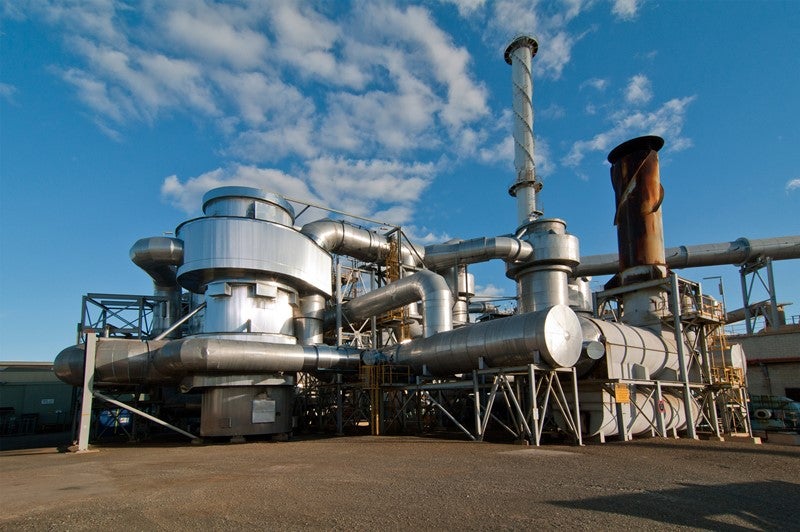
Australia-based mining company BHP initiated a five-year, $400m (£321m) Climate Investment Program to develop technologies that reduce emissions from its operations along with those generated from the use of its resources.
In addition to the short-term goal to cap 2022 emissions at 2017 levels, and the long-term goal of net-zero emissions by mid-century, BHP will establish a new medium-term, science-based target for scope one and two emissions that compliments the Paris Agreement.
BHP CEO Andrew Mackenzie said: “Over the next five years this program will scale up low carbon technologies critical to the decarbonisation of our operations. It will drive investment in nature-based solutions and encourage further collective action on scope three emissions.
“Commercial success of these investments will breed ambition and create more innovative partnerships to respond collectively to the climate challenge.”
As part of the Climate Investment Program, the company is planning to develop a new climate portfolio analysis report in 2020, as a continuation of its 2015 two degree scenario analysis.
The new report is expected to evaluate the potential impacts of a broader range of scenarios and a transition to a ‘well below’ two degree world.
Under the new programme, BHP will also strengthen the link between emissions performance and executive remuneration.
The company said that from 2021, it would work towards clarifying the link to further reinforce the strategic importance of reducing emissions as a business.
Mackenzie said: “We must take a product stewardship role for emissions across our value chain and commit to work with shippers, processors and users of our products to reduce scope three emissions. We require a considered and orderly transition to a lower carbon world, in which resource companies like BHP have both critical expertise and a key role to play.”
In March 2019, BHP announced a $6m (£4.8m) equity investment in Carbon Engineering (CE), a Canada-based Direct Air Capture development company, for an innovative technology with potential to deliver large-scale negative emissions by removing carbon dioxide from the atmosphere.






